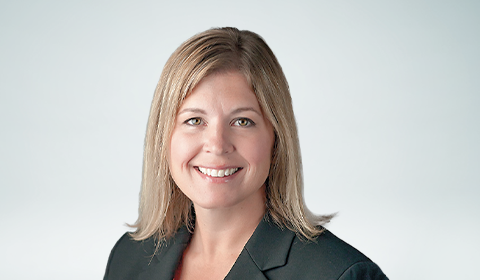The roundtable discussion and polls conducted at RGA’s 26th annual Disability Claim Leaders Forum offered intriguing insight into how 18 major group disability carriers are approaching challenges wrought by the pandemic, from claims trends to operational challenges.
COVID-19 is clearly driving increased group claims activity. Nearly all group insurers at the forum reported a rise in short-term and mental health claims, and most indicated a deterioration in claim closures due to COVID-19-related disruptions. Reasons ranged from delayed treatment to lags in obtaining medical information and independent reviews, as well as challenges in return-to-work claim closures due to economic dislocations.
Shifting Occupational Risks
All employers have not been affected equally by the pandemic: Occupations with greater potential exposure to viral transmission are understandably linked to greater COVID-19-related group disability claim activity. Participating insurers identified increases among employer groups in highly public-facing and essential professions, including dentists, teachers, essential workers in hospital and medical fields, airline employees, and positions within the manufacturing sector.
COVID-19’s spread continues to fuel debate about the occupational definitions guiding disability claims adjudication. Roles are changing as entire workforces shift to remote work and in-person, active professions such as teaching become sedentary and performed behind screens. Most insurers at the forum are just beginning to evaluate long-term implications of these shifts, and forum participants indicated that internal legal counsel and vocational specialists are working to assess whether changes to the material duties of certain occupations are appropriate or can be achieved through reasonable accommodation policy language.
Indeed, despite significant disruptions introduced by the pandemic, U.S. group carriers thus far appear to be avoiding making permanent changes to policies or procedures. Instead, some have established COVID-19 claims teams to provide interim guidance or added questions to claim intake questionnaires.
Evolving Workforce Needs
Perhaps the greatest evolution may be occurring not in claims adjudication, but within claims departments themselves. Insurers reported challenges in balancing increased claim volumes and rising customer service expectations against the needs of lean staffs. Carriers responded to a growing need to manage claims team capacity with a variety of strategies, including:
- Redeploying dental claim examiners to disability call centers
- Hiring temporary staff to manage short-term disability and leave claims or fill call center roles
- Hiring back recent retirees
In addition to focusing on providing additional resources to existing claims staff, insurers also have almost uniformly shifted to a work-from-home model, but most noted that enabling claims analysts to work from home may not be increasing productivity. To maintain employee engagement, insurers reported offering work schedule flexibility to help employees cope with their children’s virtual schooling as well as a variety of subsidized counseling, childcare assistance, and respite relief services.
Summary
Just as it reshapes daily life, COVID-19 continues to challenge U.S. claims departments in dramatic ways. How events brought on by the pandemic may be introducing lasting changes in how claims departments operate and organize has yet to be determined. The key is to continue to adapt to present challenges with an eye toward future growth.




